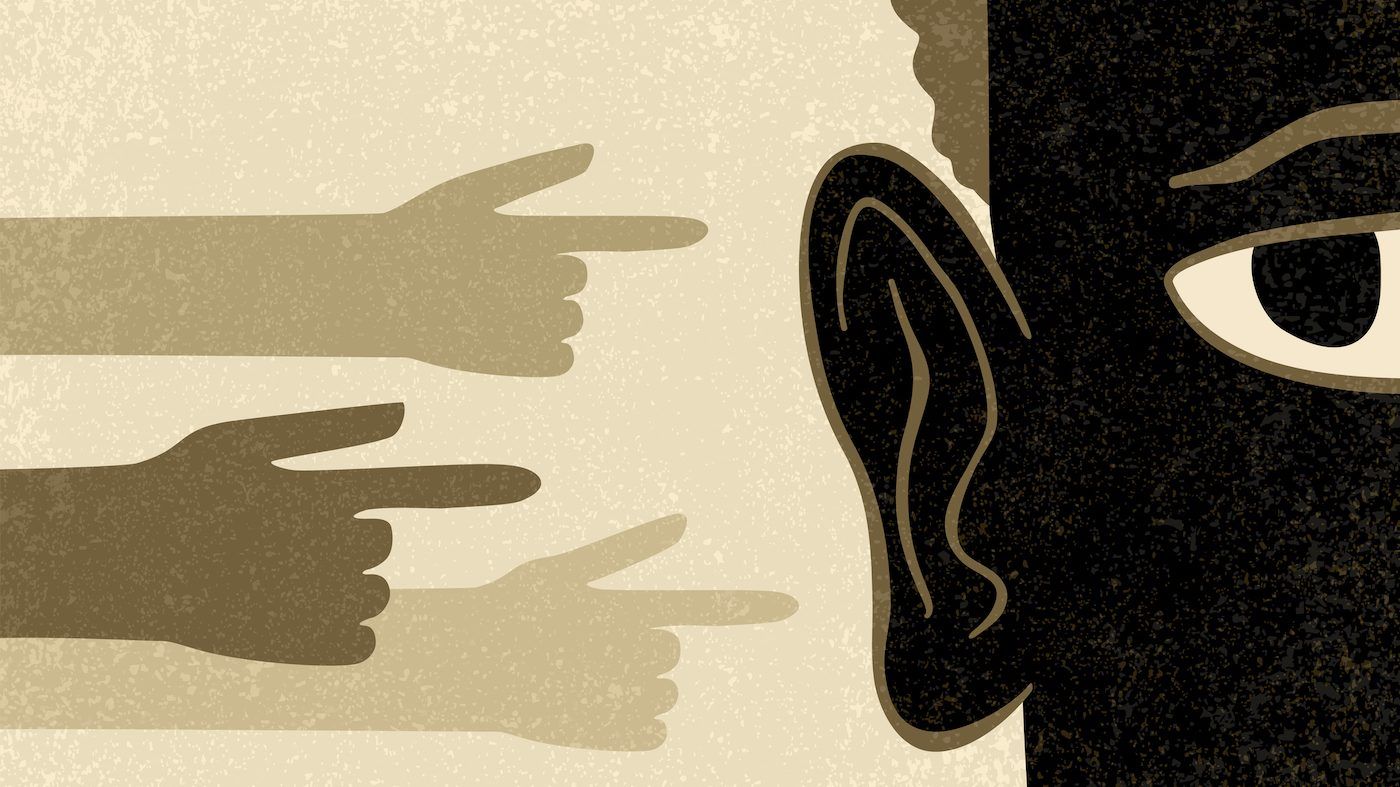it’s almost like the “numb fatigue” that
angela neal-barnett, a psychology professor at kent state university, talks about in an interview with vox. she discusses the effect of months of anxiety caused by the pandemic and politics: “you don’t want to do anything.”
it’s the constant “not knowing what’s going to happen next and believing that something awful is going to happen next” that steals our motivation, she adds. this also contributes to feelings of exhaustion, burnout and basically, a perpetual state of running on empty.
so how do we get from first base to second when it feels impossible?
kali cyrus, a psychiatrist and professor at johns hopkins university school of medicine says that those who are managing the pandemic the best have set goals, something to look forward to — like a trip. your goal could also just be as simple as shifting your perception of the importance of time.
“things will get done at the pace they get done,” cyrus told vox. “if it doesn’t happen that day, can you make it happen in the next seven days?”
you just don’t want to do anything
and there’s also the more serious task of looking inward and identifying the source of your malaise.
dr. marcia sirota writes in medium that it’s important to tune into our emotions — “take our emotional temperature” — so we can deal with our malaise, as opposed to ignoring it. in fact, focusing on self-care and emotional well-being, she says, can help us let go of some of the heaviness. basically,
being kind to yourself — getting lots of good sleep, eating well, exercising and lowering your stress as best you can — is a good first step to climbing out of the depths of doldrums. and, of course, seeking professional help if you find that malaise is significantly interfering in your daily life.
 6 minute read
6 minute read









